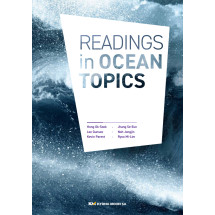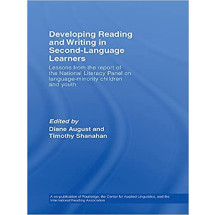Minds are complex artifacts, partly biological and partly social; only a unified, multidisciplinary approach will yield a realistic theory of how they came into existence and how they work. One of the foremost workers in this multidisciplinary field is Daniel Dennett. This book brings together his essays on the philosphy of mind, artificial intelligence, and cognitive ethology that appeared in inaccessible journals from 1984 to 1996. Highlights include "Can Machines Think?," "The Unimagined Preposterousness of Zombies," "Artificial Life as Philosophy," and "Animal Consciousness: What Matters and Why." Collected in a single volume, the essays are now available to a wider audience.
I Philosophy of Mind
1 Can Machines Think?
Sample Chapter - Download PDF (318 KB)
Postscript [1985]: Eyes, Ears, Hands, and History
Discussion
Postscript [1997]
2 Speaking for Our Selves
Nicholas Humphrey and Daniel C. Dennett
Does the Phenomenon Exist?
Do Multiples Themselves Believe in What They Are Saying?
Do They Succeed in Persuading Other People to Believe in Them?
Are There "Real" Differences between the Different Selves?
When and How Did the Multiplicity Come into Being?
Postscript
3 Do-It-Yourself Understanding
4 Two Contrasts: Folk Craft versus Folk Science, and Belief versus Opinion
5 Real Patterns
1 Realism about Beliefs
2 The Reality of Patterns
3 Patterns in Life
4 The Reality of Intentional Patterns
6 Julian Jaynes's Software Archeology
7 Real Consciousness
8 Instead of Qualia
9 The Practical Requirements for Making a Conscious Robot
Summary
1 Are Conscious Robots Possible "In Principle"?
2 The Cog Project: A Humanoid Robot
3 Three Philosophical Themes Addressed
10 The Unimagined Preposterousness of Zombies: Commentary on Moody, Flanagan, and Polger
II Artificial Intelligence and Artificial Life
11 Cognitive Wheels: The Frame Problem of AI
12 Producing Future by Telling Stories
13 The Logical Geography of Computational Approaches: A View from the East Pole
14 Hofstadter's Quest: A Tale of Cognitive Pursuit
15 Foreword to Robert French, The Subtlety of Sameness
16 Cognitive Science as Reverse Engineering: Several Meanings of "Top-Down" and "Bottom-Up"
1 Models and Methodologies
17 Artificial Life as Philosophy
18 When Philosophers Encounter Artificial Intelligence
19 Review of Allen Newell, Unified Theories of Cognition
III Ethology, Animal Mind
20 Out of the Armchair and into the Field
21 Cognitive Ethology: Hunting for Bargains or a Wild Goose Chase
I Strategies of Simplification
II The Intentional Stance as a Designer's Strategy
III Why Vervet Monkeys Don't Perform Speech Acts
22 Do Animals Have Beliefs?
23 Why Creative Intelligence Is Hard to Find: Commentary on Whiten and Byrne
24 Animal Consciousness: What Matters and Why
Postscript: Pain, Suffering, and Morality
IV Standing Back
25 Self-Portrait
1 Beginnings and Sources
2 Content: Patterns Visible from the Intentional Stance
3 Consciousness as a virtual Machine
4 Overview
26 Information, Technology and the Virtues of Ignorance
Bibliography
Daniel C. Dennett is University Professor and Austin B. Fletcher Professor of Philosophy at Tufts University. He is the author of SweetDreams: Philosophical Obstacles to a Science of Consciousness(MIT Press, 2005, 2006) and other books.















